A digital learning and mentoring platform for supporting young writers
Client: Ministry of Stories
Funder: Digital R&D Fund for the Arts
Research: Institute of Education
Prototype design: The Workshop
Funder: Digital R&D Fund for the Arts
Research: Institute of Education
Prototype design: The Workshop
I led this digital R&D project that investigated how the Ministry of Stories’ methodology for inspiring and supporting young writers might be accessed remotely and at scale.
Story Engine is a creative writing and mentoring platform for 9-13 year olds.
After the year-long R&D phase, Story Engine was also chosen for further funding as part of Nesta’s Arts & Culture accelerator programme.
BRIEF
Having won £125K funding from Nesta, the Ministry of Stories asked me to manage this multi-partner project.
APPROACH
Over 200 enthusiastic, committed people from all across the UK contributed to our project. That included teachers and students from six different schools as well as more than two dozen Ministry of Stories’ volunteers who regularly mentor young writers in MoS workshops.
Our research question was:
'Can an online mentoring platform for creative writing expand access, develop creativity and complement school-based creative writing programmes for 9–13 year-olds?'
As project manager, my role included: coordinating the project team across our three partners; overall scheduling; driving concept, market and user research; managing the R&D process; UX and educational design; feature prioritisation; writing functional and design specs; monitoring scope of prototype build; leading on project communications; briefing and managing freelancers; stakeholder management; regular reporting to our funders.
PLANNING & SCHEDULING
We decided to carry out our R&D process in schools. Our partner schools’ availability, the wider school term dates and a fixed end to the funding period combined to create a framework of real time constraints within which the project had to be delivered.
We made an effort to marry the unpredictability of R&D with fixed milestones that would ensure we delivered a functional prototype that could be evaluated by our IoE researchers.
APPROACHES:
ESTIMATING TIMELINES
DELEGATING TASKS ACROSS PARTNERS
IDENTIFYING DEPENDENCIES
RESOURCE ALLOCATION
AGREEING MILESTONES
RISK ANALYSIS
ESTIMATING TIMELINES
DELEGATING TASKS ACROSS PARTNERS
IDENTIFYING DEPENDENCIES
RESOURCE ALLOCATION
AGREEING MILESTONES
RISK ANALYSIS
RESEARCH & DISCOVERY
A major plank of the Ministry of Stories’ learning model is that children receive one-to-one mentoring from adults who are trained to be writing mentors. Our initial proposition was to explore how this kind of support – normally delivered in-person – might be delivered remotely.
In addition to scoping the market for similar offers, I interviewed teachers and volunteer writing mentors about this idea, but also about the wider issues and opportunities that come with encouraging children to write creatively.
APPROACHES:
COMPETITIVE ANALYSIS
BRAND ANALYSIS
BUSINESS ANALYSIS
USER INTERVIEWS
COMPETITIVE ANALYSIS
BRAND ANALYSIS
BUSINESS ANALYSIS
USER INTERVIEWS
INSIGHTS & DEFINITION
Our service designers led persona creation workshops where we identified different ‘writer types’ and specific needs among 11-12 year olds.
Together with our service designers, I helped define core elements of the ‘young writer-adult mentor’ offline experience and identify possible features that might translate in a remote or digital context.
APPROACHES:
PERSONA CREATION
USER FLOWS & USER JOURNEYS
FEATURE PRIORITISATION
PERSONA CREATION
USER FLOWS & USER JOURNEYS
FEATURE PRIORITISATION
IDEA GENERATION & DESIGN
We employed an iterative user-centred design process. It was structured around in-school workshops, which involved the project team, year-7 students, teachers and writing mentors working together on exploration, development and evaluation.
We ran two iterations with three schools. Using paper prototypes and clickable prototypes the workshops simulated remote mentoring and online interaction with creative writing exercises. Co-creation tasks also gathered the children’s input into design and structure.
Mentors were de-briefed afterwards to gather as much insight as possible into the dynamics of remote mentoring.
In parallel, we also consulted a range of arts, education and tech industry experts.
APPROACHES:
USER WORKSHOP DESIGN
PARTICIPATORY DESIGN / CO-CREATION
USER SURVEYS / FEEDBACK
PAPER & CLICKABLE PROTOTYPES
TEST, ITERATE, VALIDATE
STAKEHOLDER MANAGEMENT
USER WORKSHOP DESIGN
PARTICIPATORY DESIGN / CO-CREATION
USER SURVEYS / FEEDBACK
PAPER & CLICKABLE PROTOTYPES
TEST, ITERATE, VALIDATE
STAKEHOLDER MANAGEMENT
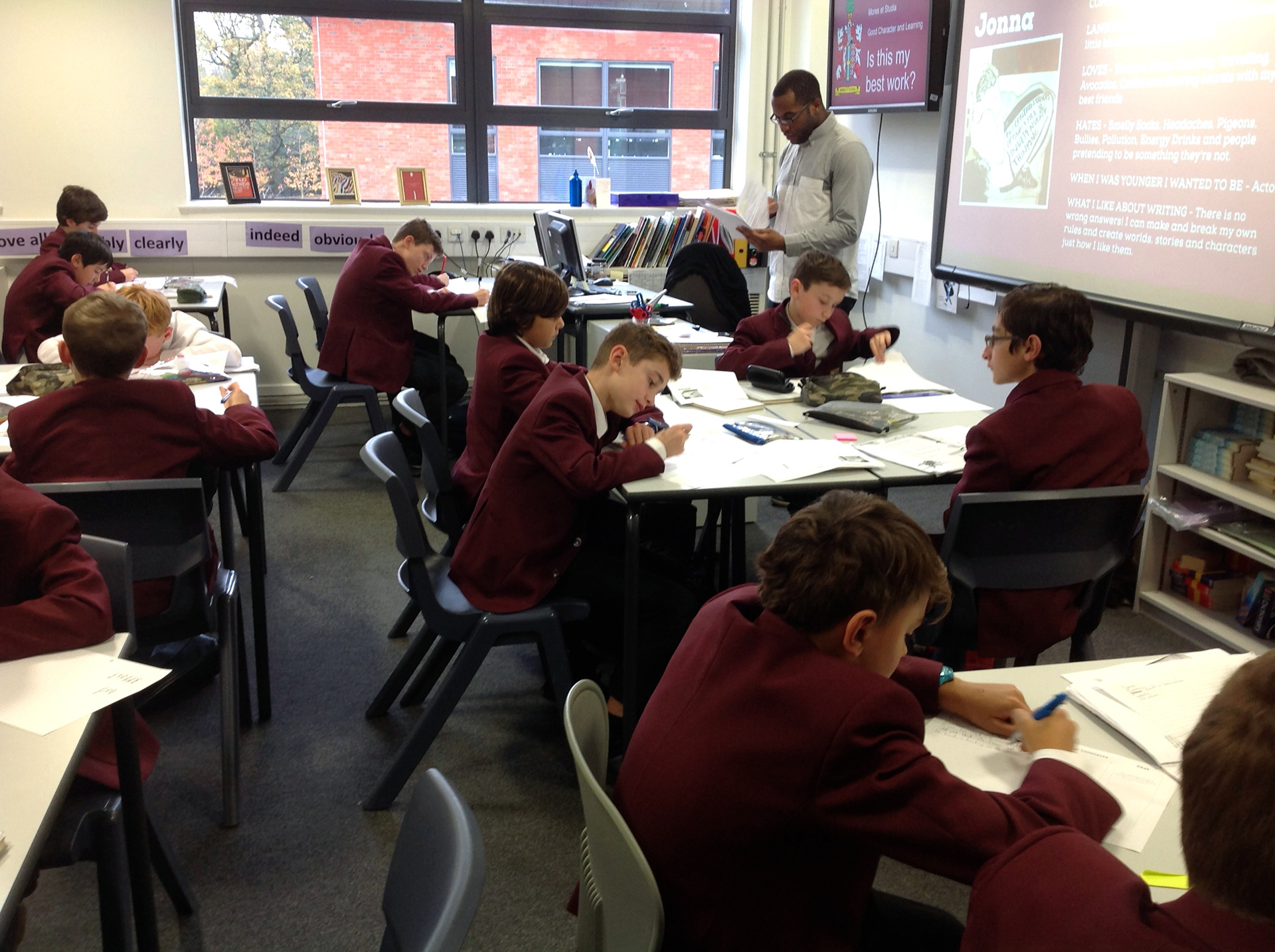
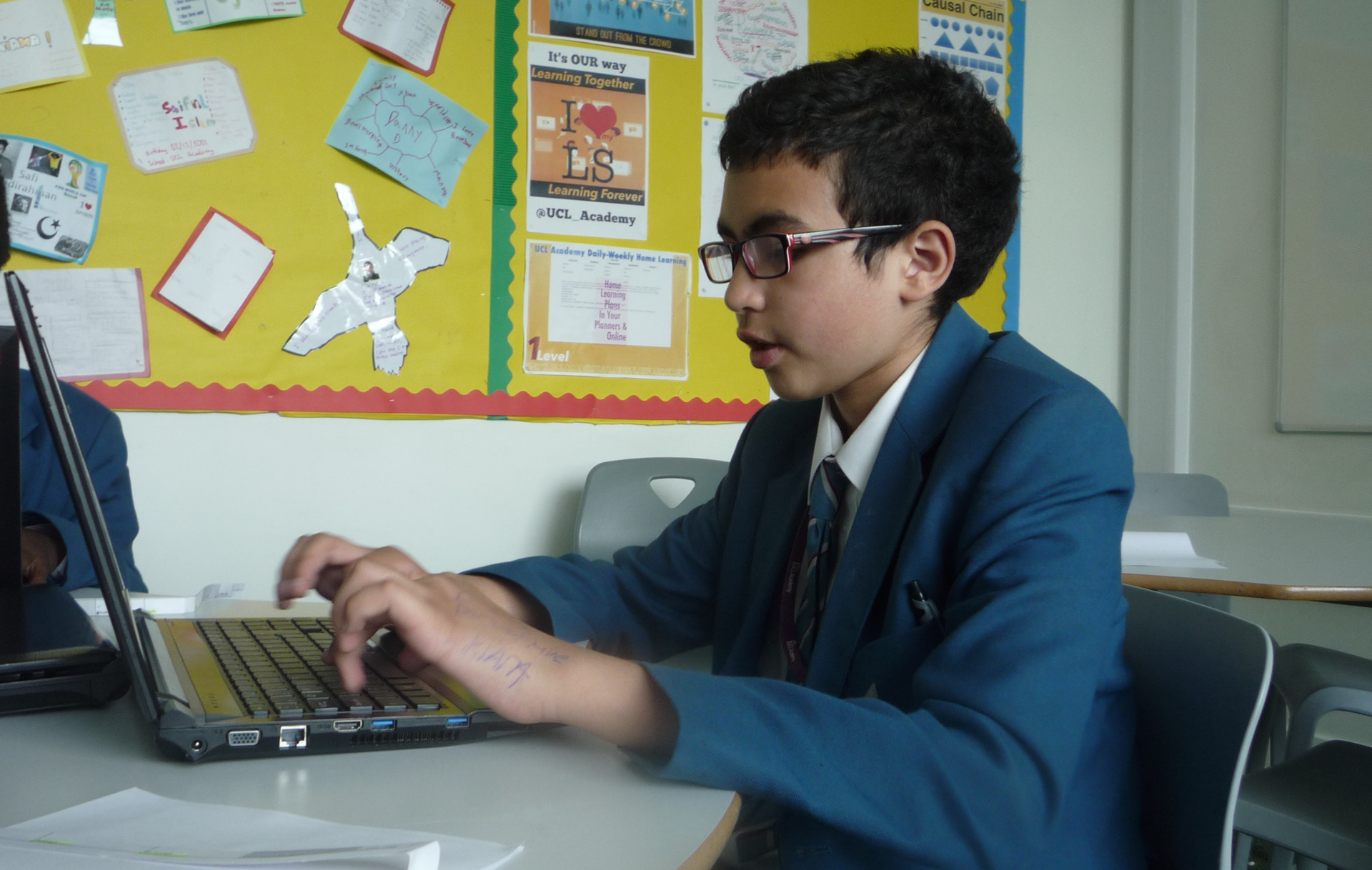
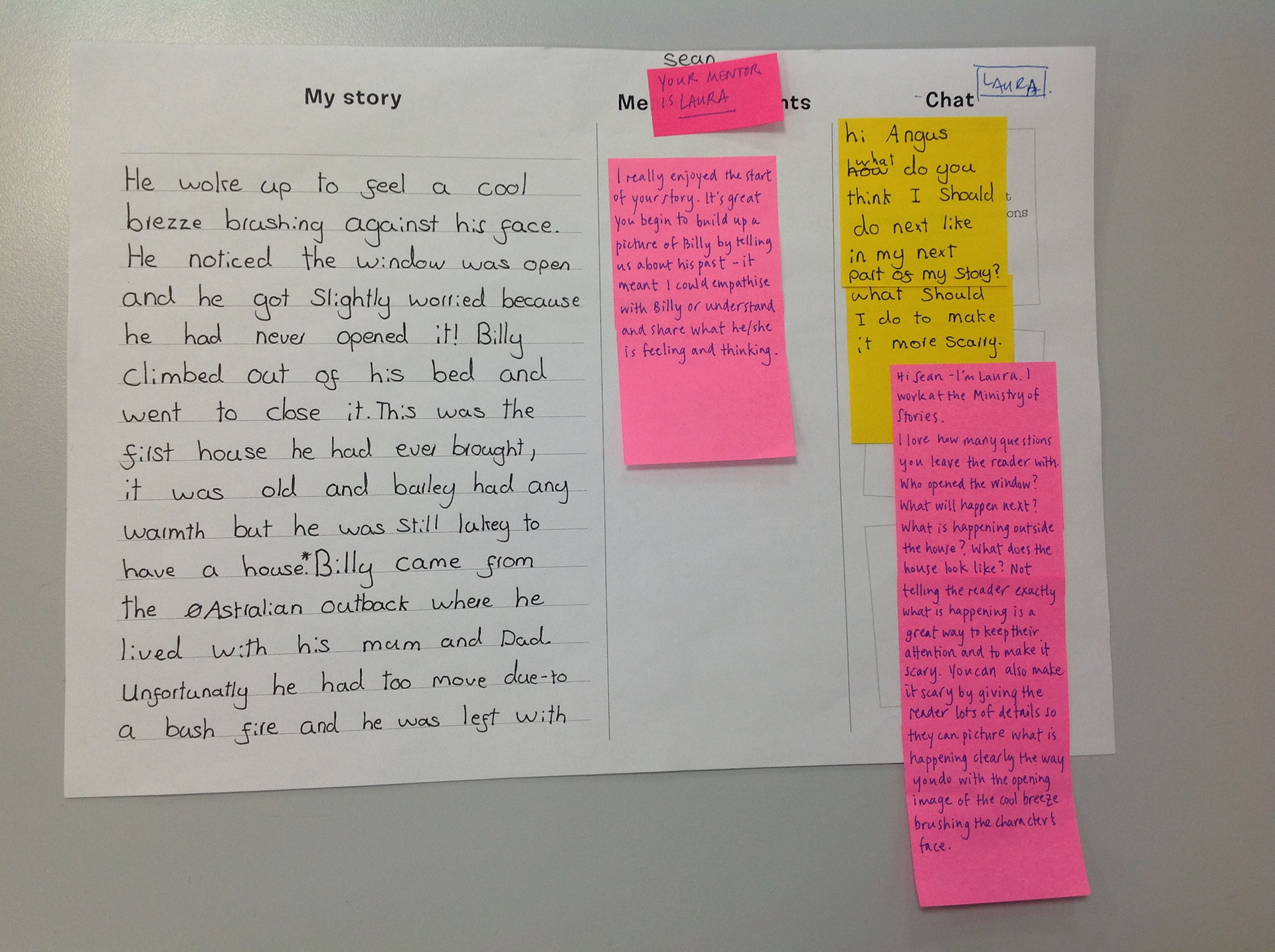
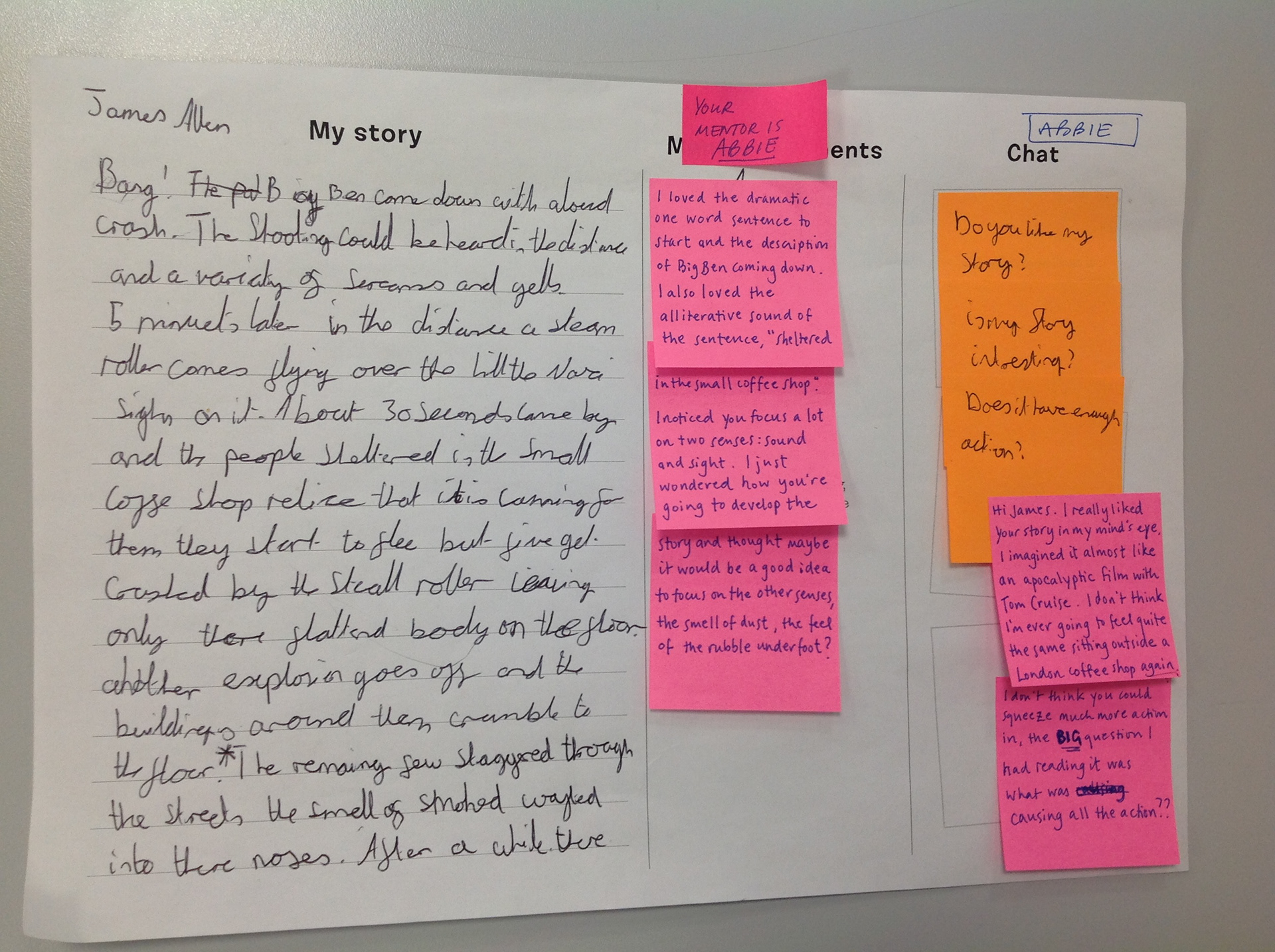
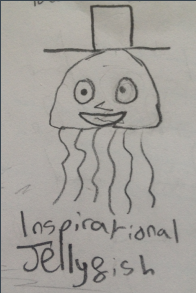
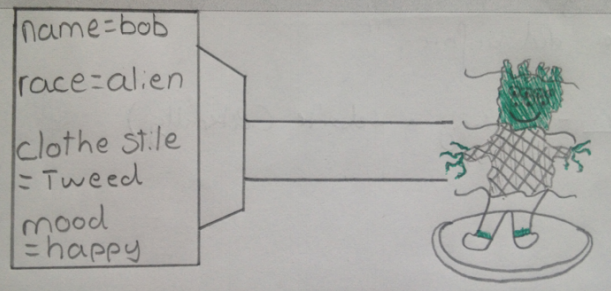
PROTOTYPE DELIVERY
I collaborated with our design team to create wireframes, specify a UX framework (that would ensure writers and mentors could access a fully functional end-to-end experience) and to prioritise the features we wanted in our MVP.
The site was delivered in three sprints over two months. It was built in WordPress, a decision influenced by the availability of plugins for the core functionality.
APPROACHES:
WIREFRAMES
UX FRAMEWORK
UI DESIGN
AGILE APPROACH
CMS AND ONLINE MENTORING TRAINING
QA, UAT
WIREFRAMES
UX FRAMEWORK
UI DESIGN
AGILE APPROACH
CMS AND ONLINE MENTORING TRAINING
QA, UAT
DEPLOYMENT & EVALUATION
Four groups of year 7 students in London, Brighton and Rotherham tested the prototype, creating and writing stories using different approaches over the course of one month. Remote mentors were coordinated to respond in a timely way to student writing on the platform.
While we continued to discover ways to improve the prototype, the IOE’s findings showed an online creative writing and mentoring platform can develop creativity and complement school-based writing programmes – a positive answer to the overall research question.
There were several influential factors that made a difference to Story Engine’s impact. All are outlined in the full project report.
APPROACHES:
PRE-TRIAL USER SURVEYS
WEB ANALYTICS
USER INTERVIEWS
TECH SUPPORT
SERVICE DESIGN
PRE-TRIAL USER SURVEYS
WEB ANALYTICS
USER INTERVIEWS
TECH SUPPORT
SERVICE DESIGN
RELATED LINKS
Our prototype was the basis for the website: thestoryengine.co.uk
Read more about the NESTA digital R&D process.
Read about the IoE's research:
Steve Connolly and Andrew Burn, 'The Story Engine: Offering an online platform for making 'unofficial' creative writing work', Literacy, December 2017. Read the article